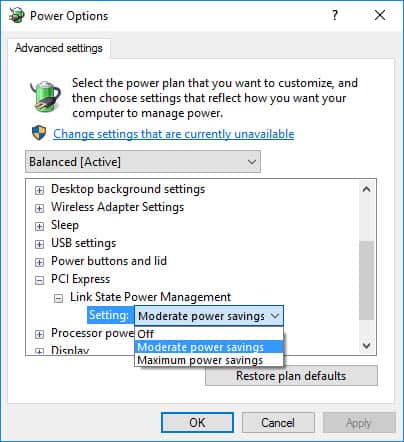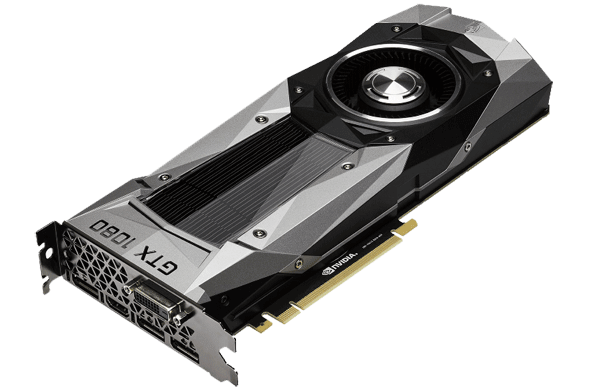
- Nvidia power management mode adaptive or performance how to#
- Nvidia power management mode adaptive or performance drivers#
- Nvidia power management mode adaptive or performance software#
(If you want to access the US site, you can go to us./.) Our tips are sorted into seven main categories - Communicate, Design, Fix, Money, Organise, Travel and Work - and tagged so they’re easy to browse and locate. Lifehacker Australia runs all the best tips and posts from the US, eliminating the ones that are irrelevant for Aussies and adding our own daily helping of tips and tricks with an Australian focus.
Nvidia power management mode adaptive or performance software#
We provide tips for technology and for life which you can use to make yourself more productive, with an emphasis on free software and tools you can put to use online. RSS | Twitter | Facebook Part technology guide, part productivity tool, Lifehacker helps you organise your workday and maximise your playtime.
Nvidia power management mode adaptive or performance how to#
About h1 Email tips or questions to the: Lifehacker Tips Box Phone: +61 2 8667 5444 How to contact our team.Setting “Power management mode” from Adaptive to Maximum Performance More From Lifehacker Australia

It takes a bit of trial and error to find the right setting that doesn’t cause your laptop to freeze or crash, but the benefits are well worth the effort. This is a handy technique for notebook owners who want to undervolt their GPU, reducing its heat and power consumption. While mobile GPUs have become very efficient in the last two years, every little bit counts.įinally, for those who don’t mind getting their hands dirty, it’s possible to change the power curve of modern NVIDIA GPUs using MSI Afterburner. If you’re on a notebook, you’ll definitely want to make sure “Optimal power”, or at least “Adaptive” is selected in the global settings. You can then use “Prefer maximum performance” for only those titles. For demanding games that don’t play well with Optimal Power or Adaptive, find (or create) the required profile in the “Program Settings” tab of the “Manage 3D settings” page. The NVIDIA Control Panel allows you to configure profiles for games on a case-by-case basis.

Unfortunately, this will increase the “idle” heat and power draw of your GPU, even when you’re not doing anything. Now, it’s tempting to hit up the driver’s global settings and set the power management mode to the aforementioned value and never think about it again. As the name suggests, this setting will run your card at its maximum clocks all the time. Newer NVIDIA cards feature several more options, such as “NVIDIA driver-controlled” and “Prefer consistent performance”, but the only other choice you need to worry about is “Prefer maximum performance”. However, Optimal Power adds another feature - it’ll stop the GPU rendering a new frame if nothing has changed on screen and instead reuse what’s already in the framebuffer. Both options will modulate the core and memory clock speeds and voltage of your GPU, increasing them during times of load and decreasing them when demand is low. Optimal power superseded the previous default, called “Adaptive”.
Nvidia power management mode adaptive or performance drivers#
This setting was introduced into the company’s video drivers with the GTX 1080, specifically version 368.22 release in May 2016.

By default, NVIDIA sets the power management mode of your GPU (be it in card or laptop form) to “Optimal power”.


 0 kommentar(er)
0 kommentar(er)
